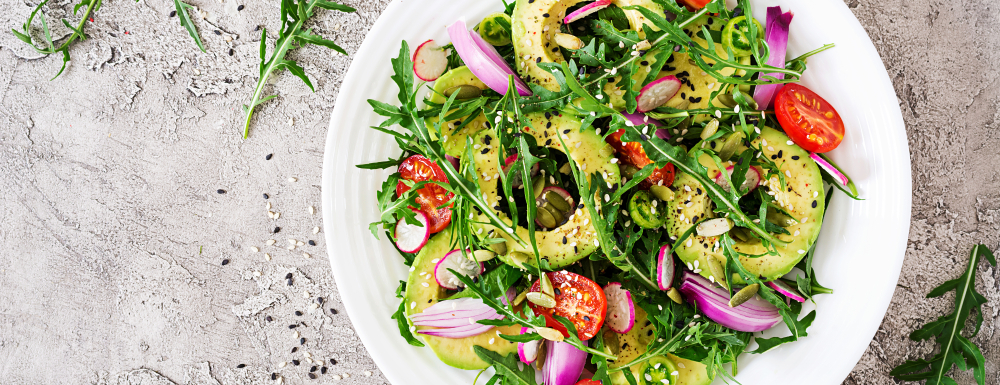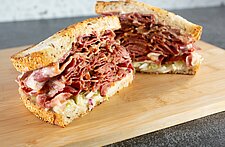Culinary Chronicles by Donna Wesson
This issue of Culinary Chronicles, written by Donna Wesson, is based on our Modern Vegetarian study. Through primary research via a netnography, secondary research with insights suppliers and culinary inspiration from our global Symrise chefs, we found there are 3 types of Modern Vegetarians: The Flexitarian, The Vegetarian Idealist and the Health Restricted Vegetarian. This article primarily focuses on the latter two types as they are lesser known.
With an increasing desire to consume more vegetables and plant-based ingredients in our diets, vegetarianism continues to be a healthy way of life for many around the world. The pandemic has allowed us to focus more on our health, as people have sheltered-in and prepared more meals at home. Consumers have increased their consumption of plant-based foods to also add more variety to their meals. We’ve been more open to trying new things.
The Modern Vegetarian can be identified as a vegetarian idealist and a health-restricted vegetarian, which will be explored in Part 1, of our two-part series on Unearthing What It Means to Be a Modern Vegetarian.
Don't miss Part 2, subscribe to In-sight!
VEGETARIAN IDEALIST
The vegetarian idealist does not consume meat products, mainly because of their ethical and moral beliefs around animal welfare, followed by health and environmental concerns. Gen Z, Millennial and Young Gen X are the most common age groups in this category. They have an aversion to meaty tastes, textures and appearances, and prefer that their foods look, feel and taste like plant life; therefore, they feel meat analogues are completely unnecessary in their diet.
Many vegetarian idealists are also vegans, who follow the most restrictive of all of the vegetarian diets. Some of the idealist’s favorite brands include Gardein, Trader Joe’s, and Morning Star Farms and restaurants like Sweetgreen, Chipotle, and Just Salad are among their favorite places to eat.
Related: New and Emerging Trends In Culturally Inspired Hot Chicken
HEALTH-RESTRICTED VEGETARIAN
The majority of the health-restricted vegetarians are Baby Boomers who want to eliminate or reduce their meat intake for health reasons. By following a health restricted vegetarian diet, their fiber, antioxidant and phytochemical intake increases, and their cholesterol and saturated fat intake decreases.
These dietary changes result in better control of their weight and blood sugar, as well as decreasing their risk of heart disease, cancer and type 2 diabetes. Quorn, Impossible Foods and The Jackfruit Company are some of their favorite brands, while their favorite restaurants chains include Subway, Panera, Starbucks and P.F. Changs.
MODERN VEG DIETS CONT.
Vegans don’t eat meat, seafood or animal biproducts, while lacto-ovo vegetarians eat dairy and eggs; lacto vegetarians eat dairy; ovo vegetarians eat eggs; pescatarians eat seafood; pollotarians eat poultry; and flexitarians eat meat, poultry and seafood. Flexitarians are the only vegetarians that include red meat as part of their diet and they have the least restrictive of the vegetarian diets.
Stay tuned for PART 2 of the Modern Vegetarian Series, subscribe to In-sight to receive our Weekly Newsletter!
To learn more about opportunities for innovation in plant-based proteins, reach out to a member of our team!





